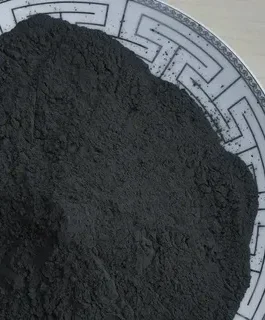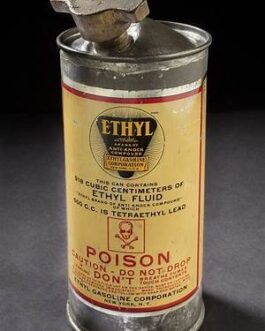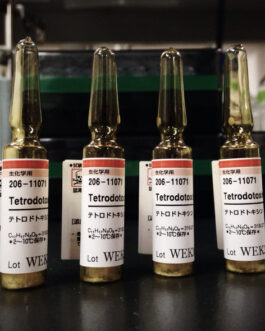Ricin Poison(Irreversible Poison)
3,750 € – 375,000 €Price range: 3,750 € through 375,000 €
Description
Ricin
Overview
Ricin is a naturally occurring protein derived from the seeds of the castor bean plant. It is considered a potent toxin and can be fatal even in very small amounts.
Mechanism of Action
Ricin works by inhibiting protein synthesis in cells, leading to cell death. It acts by binding to ribosomes, the cellular structures responsible for protein production, thereby preventing cells from making essential proteins.
How It Kills
Upon ingestion, inhalation, or injection, ricin can cause severe damage to cells and tissues, leading to multiple organ failure and death. Symptoms and onset of toxicity depend on the route of exposure.
Quantity Needed to Kill
Ricin is extremely potent, with an estimated lethal dose (LD50) for humans believed to be around 1-20 micrograms per kilogram of body weight, depending on the route of exposure. This makes it one of the deadliest substances known.
Signs and Symptoms
Symptoms of ricin poisoning vary depending on the route of exposure but may include:
- Ingestion: Abdominal pain, vomiting, diarrhea, and organ failure.
- Inhalation: Respiratory distress, cough, fever, and potentially fatal pulmonary edema.
- Injection: Localized pain, swelling, and organ damage.
Forms and Applications
Ricin can be extracted from castor beans and purified into a white powder or pellet form. It has been used in research laboratories for its toxic properties and has also been considered for use as a chemical weapon.
Presence and Sources
- Natural Source: Found in the seeds of the castor bean plant, primarily Ricinus communis.
- Industrial Use: Limited industrial applications due to its toxicity, primarily in research and potentially in bioweapon development.
Safe Handling
Due to its extreme toxicity, ricin must be handled with extreme caution:
- Protection: Full protective gear, including gloves, masks, and goggles, should be worn when handling ricin.
- Containment: Ricin should be stored in secure, labeled containers to prevent accidental exposure.
- Disposal: Disposal should follow strict guidelines to prevent environmental contamination.
Treatment and Antidotes
Currently, there is no antidote for ricin poisoning. Treatment is primarily supportive and focuses on managing symptoms and preventing further exposure.
Conclusion
Ricin is a potent toxin derived from the castor bean plant, known for its deadly effects on cells and tissues. Understanding its mechanisms, potential dangers, and appropriate handling procedures is crucial for mitigating risks associated with exposure.
Additional information
| LETHAL DOSE | 100 LETHAL DOSE, 20 LETHAL DOSE, FIVE LETHAL DOSE, ONE LETHAL DOSE, TWO LETHAL DOSE |
|---|





